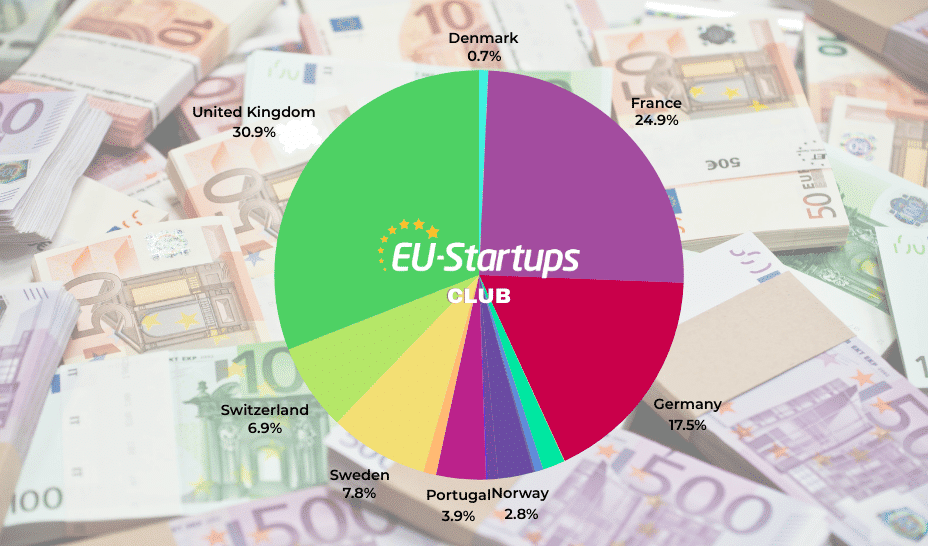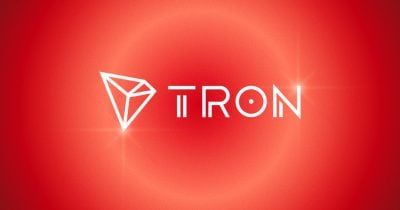Like what3words but for phone numbers: Startup wants people to use domain names for its WhatsApp rival
Thunderbolt uses domain names instead of phone numbers, promising privacy but raising questions about accessibility and mainstream appeal.

- Spaceship’s Thunderbolt replaces your phone number with a domain name - if you’re tech-savvy enough
- Thunderbolt promises end-to-end encryption and no central storage
- Domain names are secure, but may not be practical for everyday messaging and calls
Thunderbolt, a new app developed by domain registrar Spaceship, aims to replace phone numbers and email addresses with domain names for voice, video, and text communication.
Promoted as a privacy-focused alternative to existing platforms, Thunderbolt uses DNS ownership as a form of identity verification. Spaceship says this approach avoids the vulnerabilities of centralized databases and traditional login credentials.
While it shares conceptual similarities with systems like what3words, which translate complex data into simpler, more memorable units, Thunderbolt applies this idea to communication rather than geography.
The pitch and the privacy angle
Thunderbolt presents a domain as a “digital home” that can serve as a universal identifier. This concept allows users to make calls or send messages using a domain like “alice.chat” instead of a phone number.
The company claims that domain names are more secure, inherently private, and easier to remember. “A domain is a public address, but it reveals nothing personal,” the company states.
Thunderbolt also promises end-to-end encryption and no central message storage, claiming to deliver a high degree of privacy. Security is tied to DNS ownership, with DNSSEC used to further authenticate access.
However, this model assumes users are comfortable navigating domain registration and DNS server settings, tasks that many still find opaque and unintuitive.
The claim that the platform is “virtually impossible to hack” also warrants skepticism. While decentralized identity and DNSSEC offer strong protections, no system is entirely immune to compromise.
Thunderbolt supports traditional domains, as well as Handshake and ENS domains, offering compatibility with third-party registrars.
Still, the app’s onboarding experience is optimized for users who register domains through Spaceship, raising concerns about vendor lock-in and the true commitment to decentralization.
For a tool that emphasizes user control and independence, this preference seems to conflict with its stated goals, as users may be wary of being funneled toward a single provider under the guise of convenience.
There's also the broader question of how many people actually want to manage their identity through domain infrastructure. While this may appeal to those who already run personal websites or online portfolios, the average consumer might find it cumbersome compared to services that work out of the box.
Thunderbolt enters a crowded market dominated by platforms like WhatsApp, Zoom, and Skype. People seeking the best alternative to Skype may appreciate that Thunderbolt has no ads, uses strong encryption, and gives users more control over their identity.
However, it remains unclear how well the platform performs at scale, or how easy it is to find and connect with others on the app.
You might also like
- These are the best video conferencing tools available now
- We've listed the best business phone systems you can use
- RICO crypto fraud investigation leads to twelve more arrests














.png)



















































































































































































